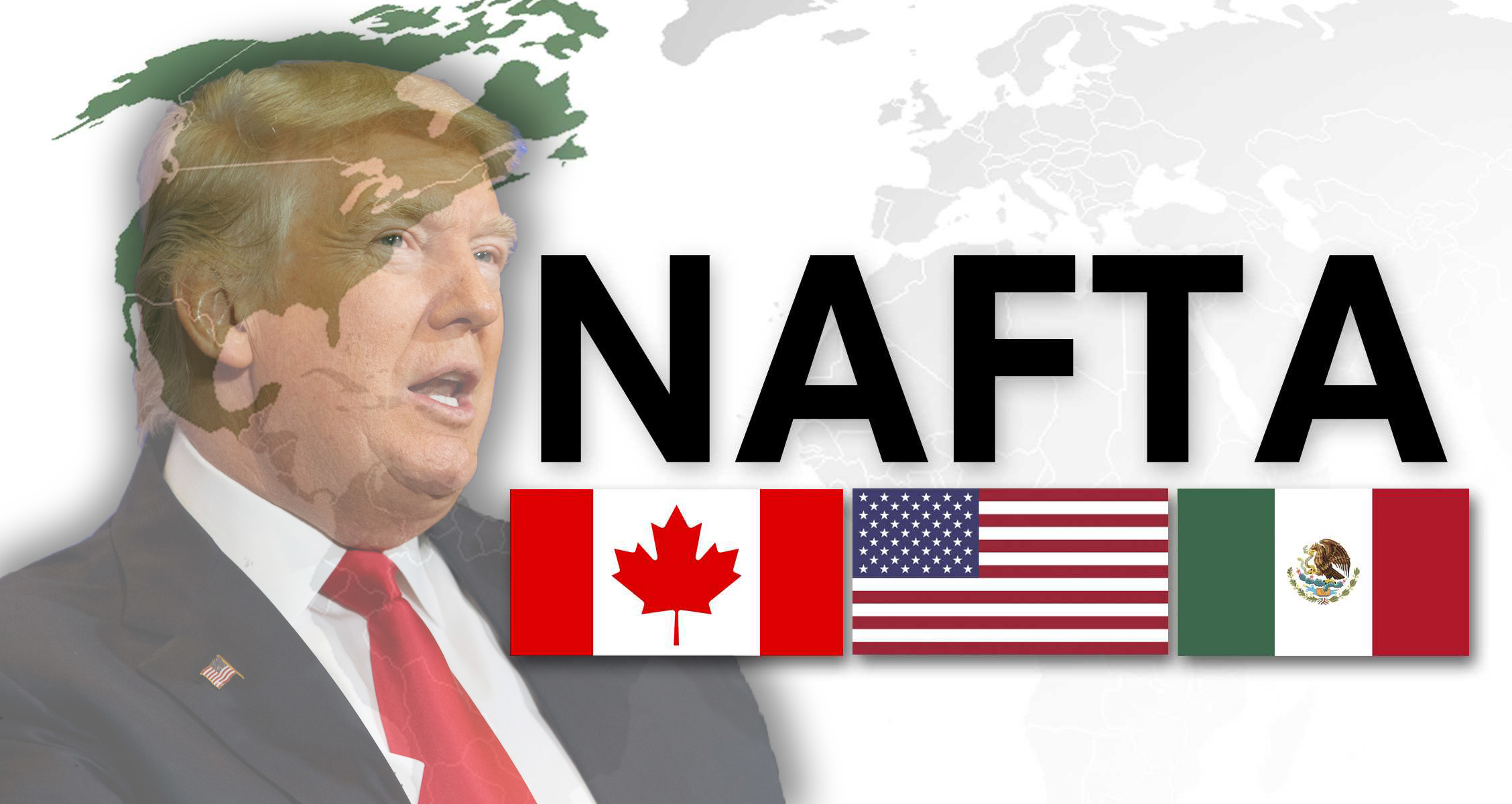Trump Trashes on NAFTA as Talks in Mexico Approach

U.S. farmers, food processors and grain traders have spent months trying to prevent trade relationships from falling apart if the North American Free Trade Agreement implodes. They are trying to protect more than $19 billion in sales to Mexican buyers of everything from corn and soybeans to dairy and poultry
Reuters
Despite their efforts, South American corn shipments to Mexico are surging. Mexican buyers imported a total of more than 583,000 metric tonnes of Brazilian corn last year – a 970 percent jump over 2016, according to data from Mexico’s Agrifood and Fishery Information Service (SIAP). The purchases all came in the last four months of last year.
Mexico has long been the top importer of U.S. corn, and is the second largest buyer of U.S. soybeans. But Mexican buyers are shifting to Brazilian corn to reduce their decades-old reliance on U.S. supplies for mills, and for animal feed for pigs and cows.
Cheaper prices for Brazilian corn drove some of the sales. But in other cases, Mexican buyers bought Brazilian corn even when it cost more than U.S. supplies, executives and traders told Reuters.
“U.S. agriculture industry groups have fought to keep their trade advantages since Trump took power, eager to retain tariff-free or low-tariff access when trading with Mexico, Canada and other countries”
“We bought from Brazil for two reasons,” said Edmundo Miranda, commercial director of Grupo Gramosa, one of Mexico’s top grains merchants. “One, because it was competitive. Two, to see how practical and profitable it was to buy from Brazil or Argentina given the possibility of trade tariffs because of NAFTA renegotiations.”
Gramosa and its domestic rival Comercializadora Portimex didn’t import any Brazilian corn in 2016. But last year, they imported nearly 260,000 metric tonnes of it – worth about $44 million at current prices – between September and December. The deals have not been previously reported.
U.S. corn exports to Mexico also rose, despite the rapid increase in the flow from Brazil, because Mexico needed record imports in 2017 to compensate for the impact of a drought on domestic corn production.
Mexico boosted U.S. imports by 6.6 percent, according to U.S. Department of Agriculture data. Mexico buys far more corn from the United States than Brazil, taking 14.7 million tonnes in 2017, according to U.S. government data.
Brazil continues to make inroads into U.S. market share, however, and Mexican purchases of Brazilian corn continued in January, rising to 100,000 metric tonnes from none a year earlier, according to Mexican government and trade sources.
TENSE TALKS
U.S. President Donald Trump has said he will scrap NAFTA if his administration cannot negotiate trade terms with Mexico and Canada that are more favorable to the United States. The next round of talks is later this month.
An end to NAFTA, farm and trade groups say, would likely lead to increased tariffs on grains trade, hurting one of the electoral constituencies that carried Trump to power. During his campaign, Trump promised farming communities that agriculture would benefit from his presidency.
White House spokeswoman Lindsay Walters said the Trump administration aims to increase market access for U.S. agriculture in NAFTA renegotiations. U.S. agriculture has “generally done well under NAFTA,” Walters said, but “there is more work to be done.”
U.S. agriculture industry groups have fought to keep their trade advantages since Trump took power, eager to retain tariff-free or low-tariff access when trading with Mexico, Canada and other countries.
Most larger farming enterprises and trade groups involved in supplying the largest food staples are pro-NAFTA. Smaller farmers have been more critical as they have struggled to compete with some of the cheaper imports that resulted from NAFTA.
‘LOSING CONFIDENCE’ IN U.S. GRAINS
The U.S. is already on course to lose its position as the top global corn exporter. Brazil is gaining by producing cheaper supplies that help offset higher freight costs to some destinations such as Mexico. Deteriorating U.S. trade relations with Mexico – which buys nearly a quarter of U.S. corn exports – could accelerate Brazil’s rise.
Mexican importers that have bought from Brazil have also often found a higher-quality product.
Agriculture and Agri-Food Canada, Halifax











